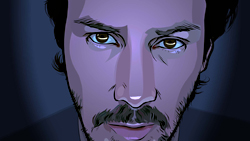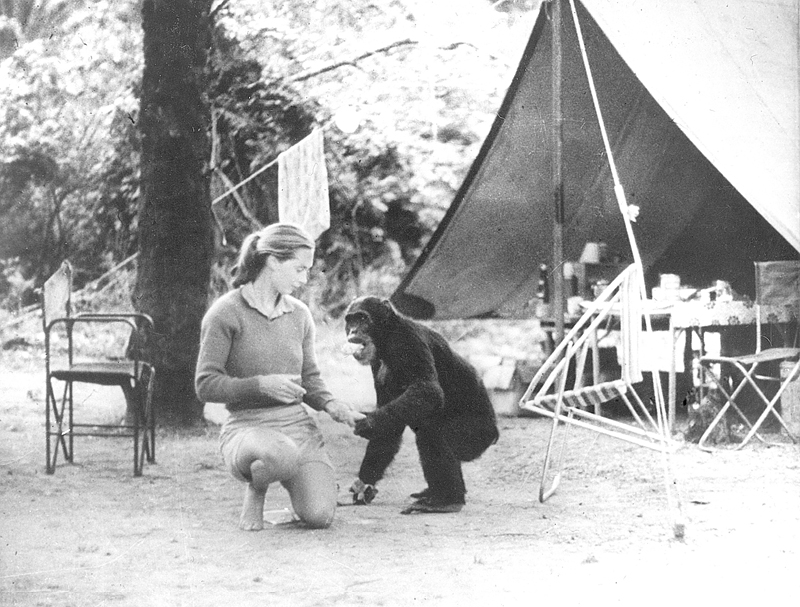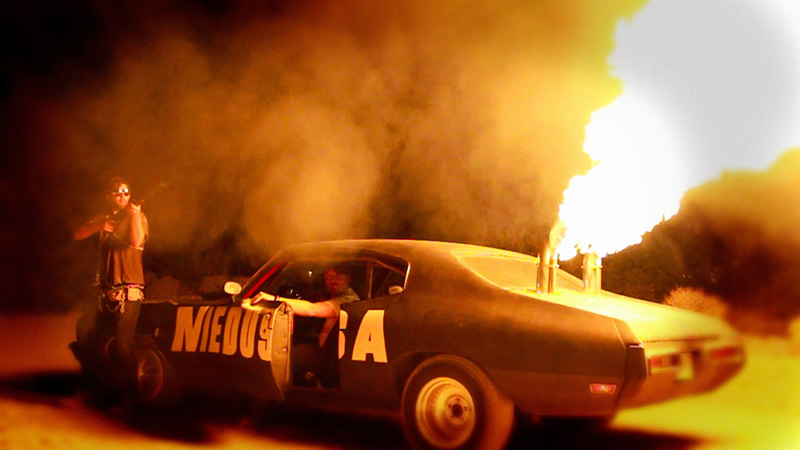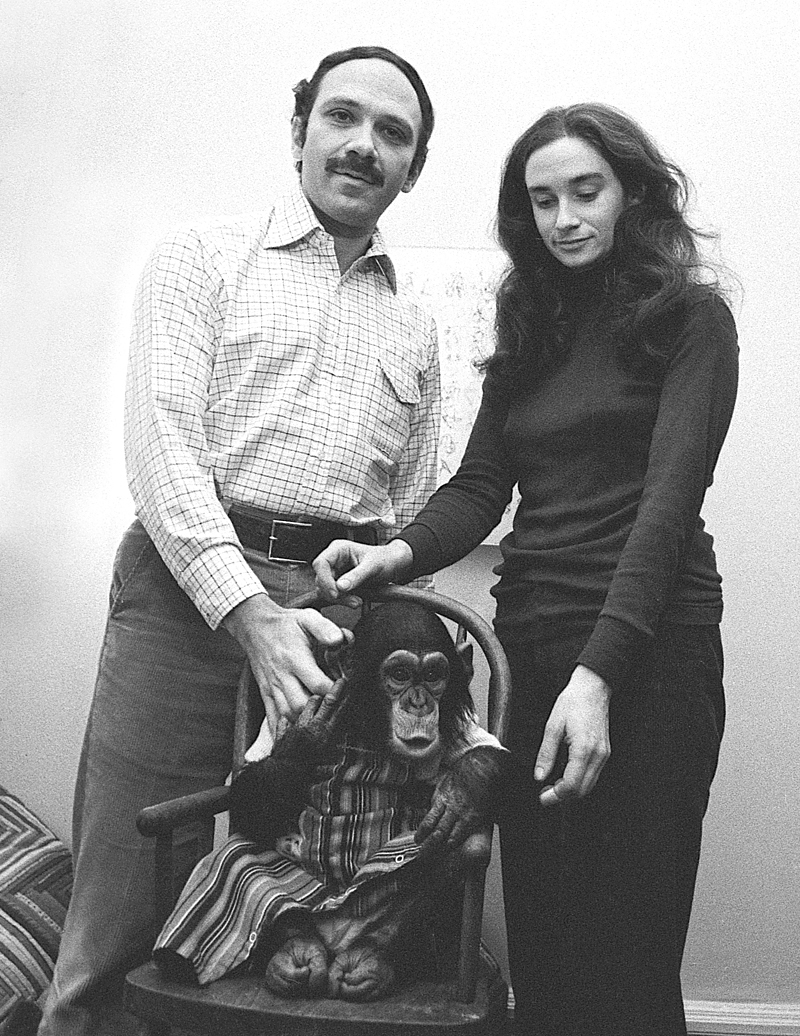Slipped into the summer movie season like acid in your Happy Meal, Richard Linklater’s Philip K. Dick adaptation is a blockbuster of counterprogramming. No matter that the dude from The Matrix is its star—or would be, if he weren’t half-hidden under a thick swath of digital paint familiar from Waking Life‘s surreally pulsing world of rotoscope animation. It’s a prefab cult flick pitched to a drastically under-served group of filmgoers: stoners, depressives, bookworms, conspiracy theorists, movie critics, and various other head-scratching freaks for whom the promise of Hollywood action sounds more like a threat.
Darkly is the key word here. Superman’s vulnerabilities have nothing on those of Bob Arctor, aka Agent Fred (Keanu Reeves), an undercover narcotics officer with a secret past and an unshakable addiction to the brain-damaging Substance D. Assigned to spy and rat on his D- dropping friends (Woody Harrelson, Robert Downey Jr., Winona Ryder), then on himself, the fried narc succumbs to his jones and eventually loses all but two brain cells, forgetting duty and identity alike. He’s also made to wear a high-tech “scramble suit”—a kind of kaleidoscopic body hologram that morphs at split- second intervals to reveal portions of men, women, and children of every variety. Yet the world he’s surveilling—controlled by a shadow cabal of Halliburtonian proportions—is more spun than he is.
Waking Life used essentially the same technology to sneak amateur philosophy into the art house, though that movie’s euphoric “holy moments” are the opposite of this film’s strategic buzz kill. Scanner smuggles its unfashionably melancholic take on pushers and addicts under cover of the animated trifle—at the expense of approval by those who’d prefer it to be purely psychedelic, another cool distraction, more roller-coaster ride than bad trip. In this fascist near-future, where an activist barking into a bullhorn gets Taser blasted and carted off by SWAT-team cops, users are pitted against fellow users, and against themselves. Whatever community the movie finds in the picture of self-medicating sad sacks sharing bugged-out hallucinations in a tract-home shack gives way to the bleaker image of a lone pill popper at work, peering at his friends through concealed cameras, doubting that his higher-ups, with their arsenal of invisible scanners, see him any less darkly.
There’s hope in Scanner, but only a sliver—just the momentary spark of two tiny lights in a sea of black, or the rare gift of a filmmaker whose fixes are paradox and contradiction.








